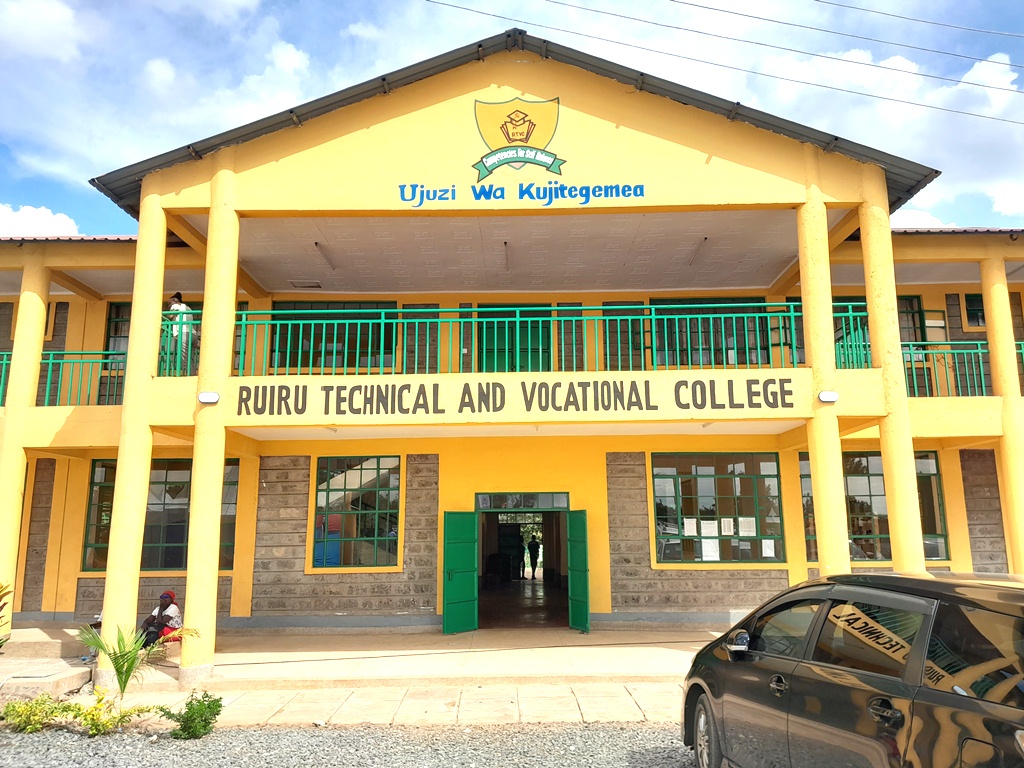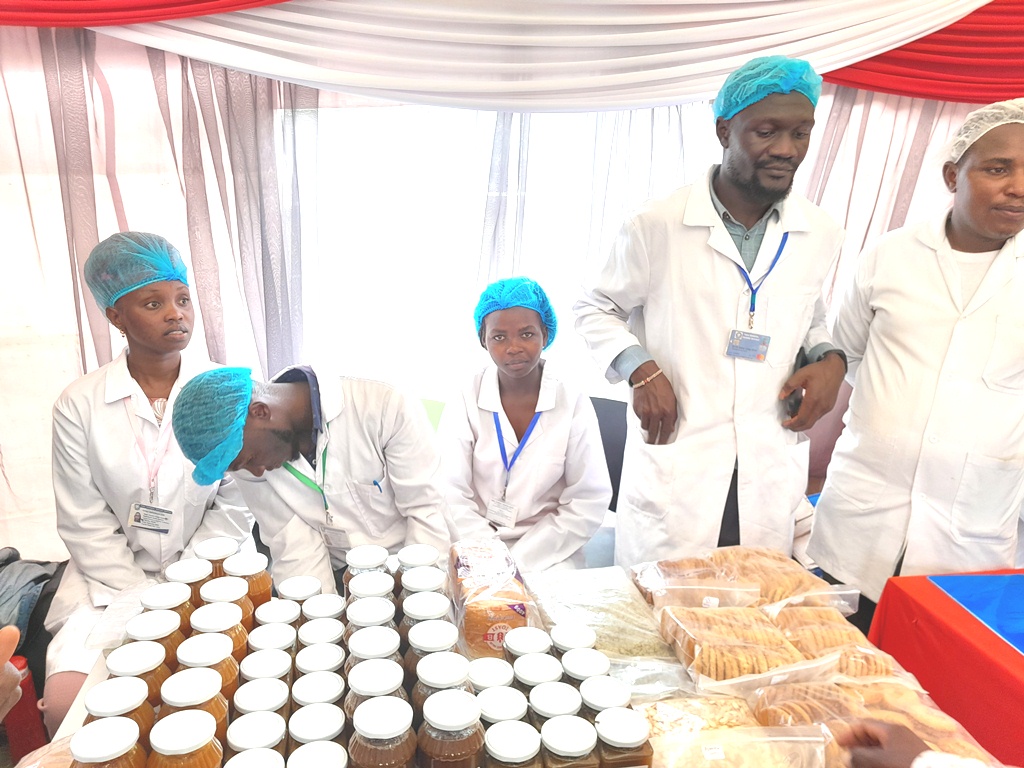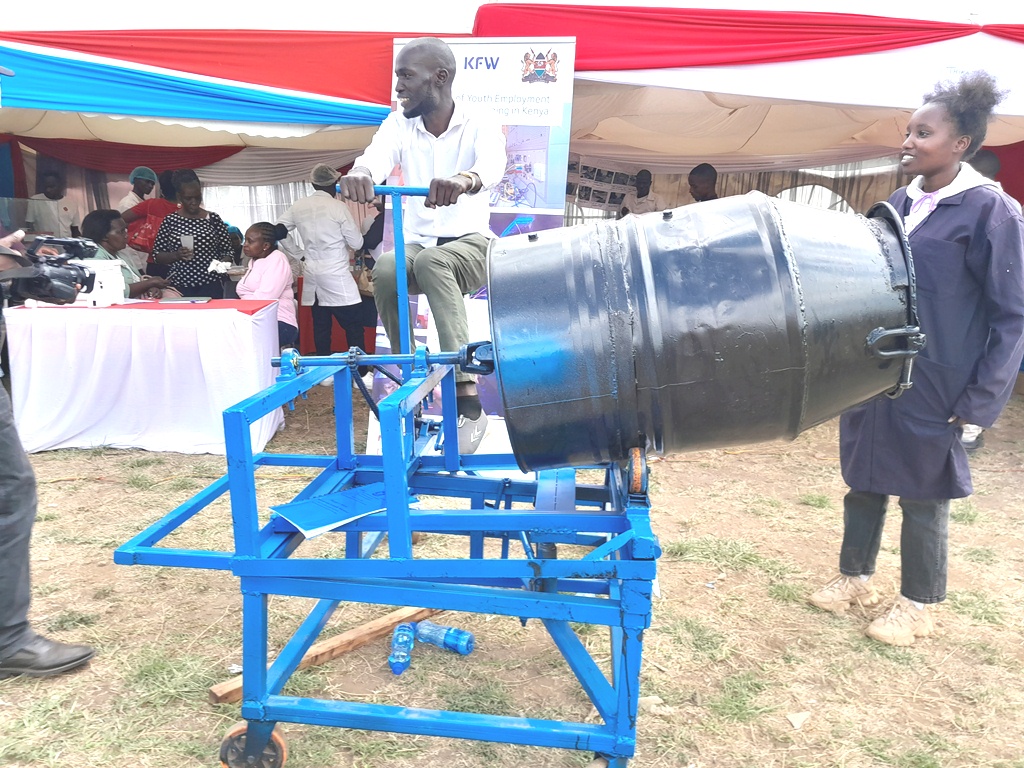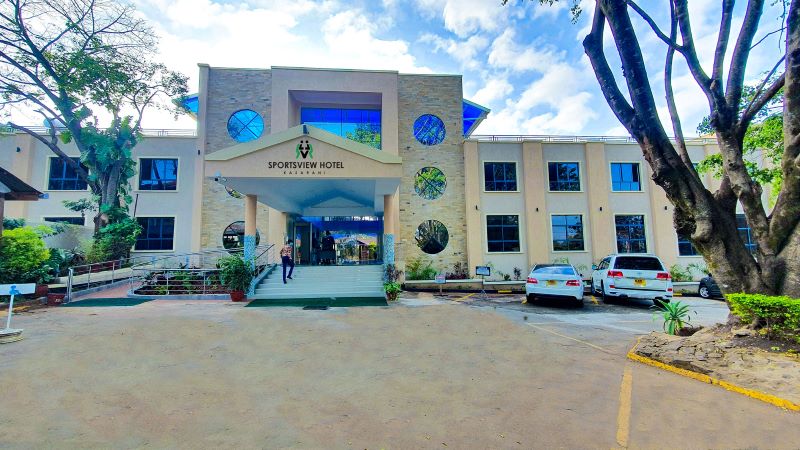The Government has been asked to increase funding to Technical and Vocational Training Institutions (TVETs) to help boost innovation and tap talents among the students.
Ruiru MP Simon King’ara said the biggest challenge facing the skilling institutions is lack of funds for commercialization of various innovations by learners as well as their tutors.
He said that there is need for the Government to empower and enhance the entrepreneurial skills of young men and women by enabling them to implement innovative projects designed to provide technological and environmental solutions to local challenges in their communities.
Speaking during an exhibition-cum competition event for 30 technical colleges from the Nairobi region held at the Ruiru Technical and Vocational Training centre in Kiambu County, the lawmaker rooted for enactment of a law allowing the Treasury to increase allocations to middle level institutions which he said play a pivotal role in job creation and economic development.
Magdalene Mwachofi, the coordinator of the event who is also the Principal Nachu Vocational Training College in Kiambu said TVETs capacities are inhibited by shortages of funds to do commercial production of their innovations.
“If adequately financed, our technical institutions have the capacity to transform Kenya into a newly industrialised middle-income country by providing high quality life to all its citizens,” said Mwachofi.
At the same time, King’ara added that President William Ruto has pledged KSh50 million to equip the Ruiru Technical Institute which was opened less than a year ago and has a population of over 100 students.

Students participating in the fair said there are job opportunities in the informal sector and asked their peers to join middle level colleges instead of looking for places at universities.
Among the showcased innovations by institutions such as Thika Technical Training College is an automatic hammering machine, a manual hydraulic feed-mixer. The pedal-powered machine operated manually by peddling using human labour is not only cheap, environmentally friendly as it does not emit carbon but also saves middle-income farmers from the expensive electric power used by other feed-mixers.
Jacinta Wanjiru, a mechanical engineering student at Thika technical revealed that innovators at the institution were pursuing to equip the machine with solar panels to enable even Persons Living with Disabilities (PWDs) to easily mix feeds for better dairy results.

“We improvised pedals as a way of protecting our environment by reducing emissions. In future, we are looking forward to equipping it with solar panels to enable even PWDs to use it easily for their enhanced agricultural activities,” said Wanjiru.
The event drew participants from Machakos, Kajiado, Nairobi and Kiambu counties and the winners are expected to showcase their skills at the national competition to be held in Nakuru.
READ ALSO:
Winners at the national level will proceed to African competitions in Zambia while qualifiers at the continent level will participate with other innovators across the globe in China.
“Most students who go through vocational training usually acquire hands-on skills and qualifications—which translate into employability. We enable our students to patent and commercialise their innovations for better earnings because our business as a research and innovative institution is to create solutions to challenges in the society,” Eliud Muchiri, a trainer at Thika Technical told journalists.
By our reporter
Get more stories from our website: Education News
To write to us or offer feedback, you can reach us at: editor@educationnews.co.ke
You can also follow our social media pages on Twitter: Education News KE and Facebook: Education News Newspaper for timely updates.
>>> Click here to stay up-to-date with trending regional stories






